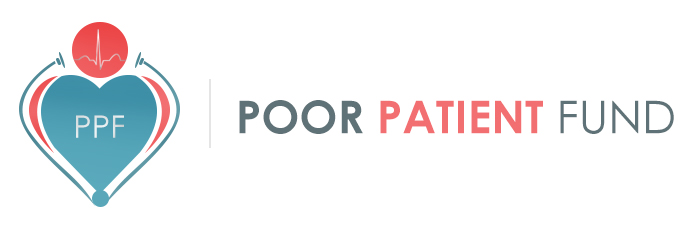Colon Cancer
- Posted Category : Articles
- 12 March 2018
Colon cancer is cancer of the large intestine (colon), which is the final part of your digestive tract. Most cases of colon cancer begin as small, noncancerous (benign) clumps of cells called adenomatous polyps. Over time, some of these polyps can become colon cancers.
Symptoms
Signs and symptoms of colon cancer include:
- A change in your bowel habits, including diarrhoea or constipation or a change in the consistency of your stool, that lasts longer than four weeks
- Rectal bleeding or blood in your stool
- Persistent abdominal discomfort, such as cramps, gas or pain
- A feeling that your bowel doesn't empty completely
- Weakness or fatigue
- Unexplained weight loss
Many people with colon cancer experience no symptoms in the early stages of the disease. When symptoms appear, they will likely vary, depending on the cancer's size and location in your large intestine.
If you notice any symptoms of colon cancer, such as blood in your stool or an ongoing change in bowel habits, do not hesitate to make an appointment with your doctor.
Causes
In most cases, it is not clear what causes colon cancer. Doctors know that colon cancer occurs when healthy cells in the colon develop errors in their genetic blueprint, the DNA.
Healthy cells grow and divide in an orderly way to keep your body functioning normally. But when a cell's DNA is damaged and becomes cancerous, cells continue to divide — even when new cells aren't needed. As the cells accumulate, they form a tumour.
With time, the cancer cells can grow to invade and destroy normal tissue nearby. And cancerous cells can travel to other parts of the body to form deposits there (metastasis).
Inherited gene mutations that increase the risk of colon cancer can be passed through families, but these inherited genes are linked to only a small percentage of colon cancers. Inherited gene mutations can increase an individual's risk of cancer significantly.
Studies of large groups of people have shown an association between a typical Western diet and an increased risk of colon cancer. A typical Western diet is high in fat and low in fibre.
Risk factors
Factors that may increase your risk of colon cancer include:
- Older age,
- African-American race,
- a personal history of colorectal cancer or polyps,
- inflammatory intestinal conditions, like ulcerative colitis and Crohn's disease,
- inherited syndromes that increase colon cancer risk,
- a family history of colon cancer,
- a low-fibre, high-fat diet,
- a sedentary lifestyle,
- diabetes,
- obesity,
- smoking,
- alcohol,
- radiation therapy for cancer.
Prevention
Get screened for colon cancer
People with an average risk of colon cancer can consider screening beginning at age 50. But people with an increased risk, such as those with a family history of colon cancer, should consider screening sooner.
Make lifestyle changes to reduce your risk
You can take steps to reduce your risk of colon cancer by making changes in your everyday life. Take steps to:
- Eat a variety of fruits, vegetables and whole grains. Fruits, vegetables and whole grains contain vitamins, minerals, fibre and antioxidants, which may play a role in cancer prevention. Choose a variety of fruits and vegetables so that you get an array of vitamins and nutrients.
- Avoid alcohol. This will reduce your risk for colon cancer.
- Stop smoking. Talk to your doctor about ways to quit that may work for you.
- Exercise most days of the week. Try to get at least 30 minutes of exercise on most days. If you have been inactive, start slowly and build up gradually to 30 minutes.
- Maintain a healthy weight. If you are at a healthy weight, work to maintain your weight by combining a healthy diet with daily exercise. If you need to lose weight, aim to lose weight slowly by increasing the amount of exercise you get and reducing the number of calories you eat.
Mayo Clinic
All opinions and comments displayed do not necessarily represent the official opinion of the website, but they represent the view of the writer
